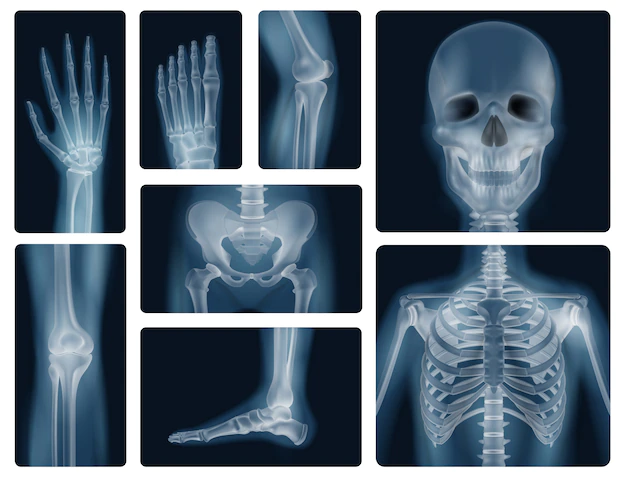Castrate-Resistant Prostate Cancer and Bone Health

Castrate-resistant prostate cancer (CRPC) is a type of prostate cancer that no longer responds to hormone therapy. Hormone therapy for prostate cancer is designed to lower levels of male hormones, called androgens, which can cause prostate cancer cells to grow.
When prostate cancer becomes castrate-resistant, it means that the cancer cells have found a way to grow and spread despite low levels of androgens.
Castrate-resistant prostate cancer can also cause problems with bone health. Prostate cancer cells can spread to the bones, leading to bone pain, fractures, and other complications.
In addition, hormone therapy used to treat prostate cancer can weaken bones and increase the risk of osteoporosis, a condition in which bones become brittle and fragile.
To manage bone health in men with castrate-resistant prostate cancer, doctors may prescribe medications called bisphosphonates or denosumab. These drugs can help to slow bone loss and reduce the risk of fractures.
Other strategies for maintaining bone health in men with prostate cancer include eating a healthy diet that is rich in calcium and vitamin D, getting regular exercise, and avoiding smoking and excessive alcohol consumption.
It is important for men with castrate-resistant prostate cancer to work closely with their healthcare team to manage both their cancer and their bone health.
